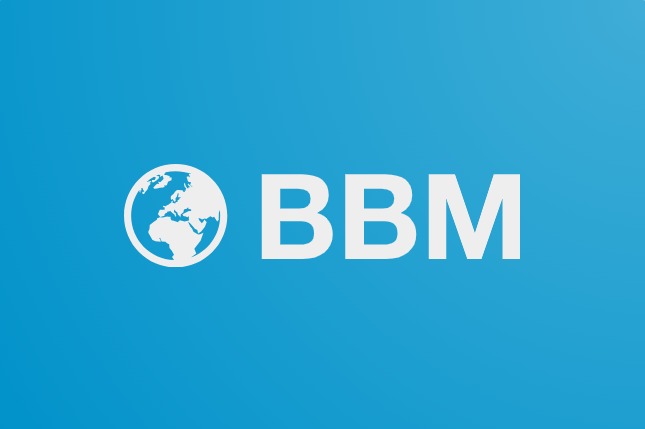Some of the links in this article are "affiliate links", a link with a special tracking code. This means if you click on an affiliate link and purchase the item, we will receive an affiliate commission.
The price of the item is the same whether it is an affiliate link or not. Regardless, we only recommend products or services we believe will add value to our readers.
By using the affiliate links, you are helping support our Website, and we genuinely appreciate your support.
[matched_title]
We’re coming off a big market rally on Friday after Fed Chairman Jay Powell signaled that changing economic conditions warrant “adjusting our policy stance” at the annual symposium in Jackson Hole.
Investors and economists took that to mean that there’ll almost certainly be an interest rate cut — likely 25 basis points — at the next Fed meeting in September.
The reason? A “shifting balance of risks,” as Powell put it — toward more worry about a weakening job market and relatively less worry about tariffs driving prices higher.
The Fed’s dual mandate from Congress is to pursue stable prices and maximum employment. Recently, a terrible July jobs report raised the risk that job creation is tanking.
The Fed will try to head that off by lowering interest rates a bit, according to MIT’s Daniel Hornung. But it still has to worry about inflation.
“Tariff-related price increases are just beginning to work their way through the system, and actually tariff rates are even increasing. It’s likely that inflation will move higher,” he said.
Before the Fed meets to set interest rates in September, it’ll have new inflation numbers to chew over.
“Are the price increases only in tariff-related, import-sensitive goods — electronics, tools, furniture — or are they spreading to other categories?” said Hornung.
Keep in mind, inflation overall is still above the Fed’s 2% target, per Jeffrey Roach at LPL Financial.
“We really need to see some of the categories that are a little more sticky — in the services, insurance prices — ease up a little bit,” he said.
Bottom line? “Tariffs aren’t going away, inflation pressures aren’t going away,” Roach said.
But for the moment, the Fed appears ready to focus on risks to the job market first.
BBM JOB




